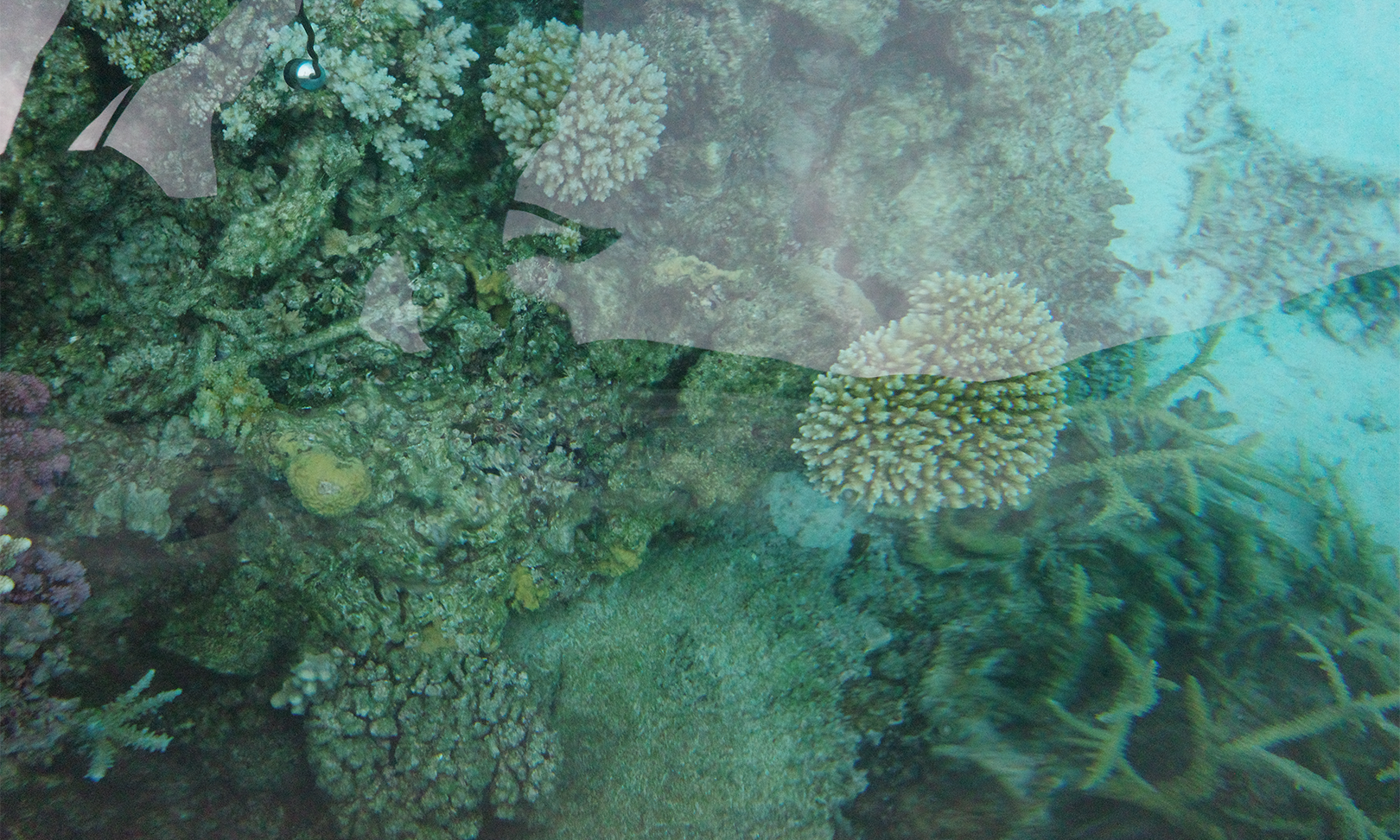For the first time in its 130-year history, La Biennale di Venezia will feature Fijian-based artists in its official program.
'Oceanic Refractions', a collaborative work by Fijian and Australian creators, will represent the Pacific at the 19th International Architecture Exhibition.
Led by artistic co-founders Mere Nailatikau and AM Kanngieser, the project explores kinship, self-determination, and resilience through sound and environmental storytelling.
Selected for the Biennale Architettura 2025 under the theme 'Intelligens. Natural. Artificial. Collective., 'Oceanic Refractions' highlights the wisdom of Pacific Indigenous communities in navigating climate change.
The work builds on years of research and conversations with Elders, fisherpeople, and cultural knowledge holders from Fiji, Kiribati, and Papua New Guinea.
For Nailatikau, representing Fiji at the Biennale is an honour, but she hopes it is just the beginning.
"I stand on the shoulders of so many trailblazing Fijians," she said.
"The Pacific custodians, story holders, and scholars we conversed with when creating 'Oceanic Refractions' are a testament to that.
"It's an honour to bring their voices to the Biennale."
At the heart of the project is the act of listening—both to people and the environment.
AM Kanngieser says deep listening is essential to understanding how ecosystems change over time.

"Paying attention to the sounds of our environments and listening to each other more carefully helps us understand and centre our connections to place," they said.
"Many Indigenous cultures practice deep listening, and this is especially important for those who rely on their surroundings for survival, like farmers and fisherpeople.
"Listening grounds us and helps us observe changes in ecosystems over time."
Ms Nailatikau sees listening as a way to reconnect with history and kinship.
"Listening connects us with each other, with nature, and to our own histories," she says.
"It is a bridge to our interconnectedness—a source of collective knowledge of the world around us and self-knowledge of our genealogies."

The installation, which weaves together testimonies with field recordings from mangrove forests, reefs, and deep ocean waters, challenges conventional narratives about climate change.
Kanngieser says Oceanic Refractions invites audiences to rethink their relationship with the planet.
"In the Pacific, listening is a form of collective knowledge," they said.
"Elders predict cyclones through birds, and sailors navigate by song.
"These practices have been dismissed or erased through colonial and neo-colonial systems."
Ms Nailatikau added the Pacific is often misrepresented in climate discussions.
"Climate change is not happening in some 'other' place. We are all living in it," she says.
"The Pacific has long been portrayed as either a paradise or a victim of rising seas.
"But Pacific Indigenous peoples have been adapting to environmental change and sounding the alarm on the climate crisis for a long time."
The Biennale's theme explores how different forms of intelligence—natural, artificial, and collective—can reshape the built environment.
Kanngieser says Oceanic Refractions aligns with this idea by showing how knowledge is embedded in sound and storytelling.
"Our collective intelligence comes from our relationship with sound and the Earth," they said.
"The Pacific artists and communities featured in this project highlight how listening is a key part of survival and adaptation.
The installation, first launched in Berlin as part of the Transmediale and CTM festivals, sold out all 180 sessions of its ten-day run.
It was later featured in the Fiji delegation at the Festival of Pacific Arts & Culture in Hawai'i.
Its selection for the Biennale cements its growing international recognition.
While its Venice debut is a milestone, Ms Nailatikau says the long-term goal is to create more opportunities for Pacific artists.
"Being the first is an honour, but what matters is ensuring we are not the last Fijian or Pacific artists to be invited to platforms like the Biennale," she said.
"That is why we are establishing the Oceanic Refractions Trust, committing proceeds from past installations and raising funds to support Pacific Island-based creatives.
"Many Pacific artists lack access to arts funding, making it difficult to create experimental works on the themes that matter to them."
As Oceanic Refractions prepares for its Biennale showcase, its creators hope it will leave a lasting impact.
"I hope it adds a distinctly Pacific perspective on the need to reclaim listening practices and abolish systems that separate us," Ms Nailatikau said.
"We cannot heal each other or the planet without a sense of kinship."

